Welcome to America ... See you in court!
Updated: 2013-09-20 16:38
By Zhang Qidong (China Daily)
|
||||||||
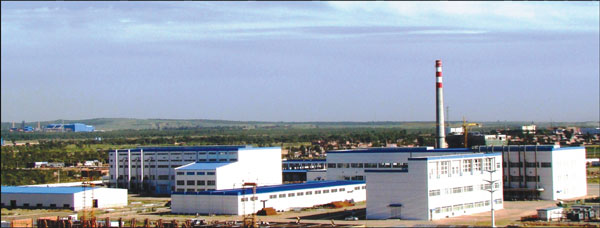 |
|
ShenZhou, Biology and Technology is a subsidiary of China Aerospace Science and Technology Corp, which manufactures its products, including diet supplement CoQ10, at this plant in Inner Mongolia. Provided to China Daily |
Some Chinese companies entering the US market are finding themselves in a place they don't want to be - the courtroom. They can be sued by anyone, from a competitor to a consumer, reports Zhang Qidong from San Francisco.
Tao Zhengzheng, general manager of ShenZhou Biology and Technology, was shocked.
A year after ShenZhou's diet supplement, CoQ10, was sold in the United States, Kaneka American Holdings filed a lawsuit against his company, charging ShenZhou with violating its intellectual property (IP).
The diet supplement was met with virtual instant popularity when it was introduced in the US market by ShenZhou, a subsidiary of China Aerospace Science and Technology Corp, which manufactured its products in Inner Mongolia.
"We were shocked because we spent 10 years developing our own IP and did not understand why we could be sued for that. We were not familiar with US IP litigation process either," said Tao. "But in learning that our products would be banned from the US market if we did not fight the legal battle, we chose to face the challenge."
ShenZhou has not been alone in the courtroom. In the past 10 years, there has been a significant increase in the number of lawsuits against Chinese companies in the US, according to Howard Chen, a partner of K&L Gates, who is known for his international legal practice, and was hired by ShenZhou to represent them.
"It was a complicated case since Kaneka has been a market leader for decades and owns various US patents relating to CoQ10. It was quite a challenge to prove that the Chinese self-developed IP and manufacturing processes do not infringe on Kaneke's patents," said Chen.
The legal procedure went on for 18 months and Shenzhou eventually won the case in front of the International Trade Commission (ITC), the independent federal agency that provides trade expertise to the legislative and executive branches. Established in the 1950s, the ITC was originally designed to deal with foreign entities on all product-related disputes and to determine the impact of imports on U.S industries. In recent years, it has become the battlefield for international trade disputes.
According to Chen, since the ITC takes direct action against unfair trade practices, such as subsidies, dumping, patent, trademark and copyright infringement, there is a trend for patent owners to go to the ITC against foreign defendants.
Cases studied
An ongoing study conducted by Professor Mark Lemley, director of Stanford Law School, and his student Randy Wu on more than 600 US patent cases involving Chinese litigants, shows that half of the cases are filed against large tech companies. The companies sued the most are Lenova Group, Huawei and ZTE.
According to their study, in patent cases Chinese parties are much more likely to be the alleged infringer than the patentee. The alleged infringer-to-patentee ratio for Mainland Chinese litigants is about 11-to-1, but patent filings by Mainland Chinese companies have increased sharply in the last three years.
Based on the cases that have been decided on their merits rather than settled, Mainland Chinese litigants win about 25 percent of the time. Many of the losses by Mainland Chinese litigants are by default judgment, where the party doesn't show up in court or violates the court's procedural orders.
More than 600 Chinese manufacturers exhibited at the Las Vegas Consumer Electronics Show this year, and according to the Chinese Trade Office, more than 90 percent of them have established US offices.
Having represented numerous Chinese, Korean and Japanese clients in the past decade, Howard Chen said his client ShenZhou's case is a typical IP dispute, with potential claims related to patent infringement, trade-secret disputes, anti-trust or price-fixing and anti-dumping.
"The reasons that make Chinese companies subject to lawsuits in the U.S might be many, but mostly because they lack awareness and knowledge of US regulations and the legal system," he said.
Quanzhou Bright Solar Co is another example. A solar enterprise privately owned by a Chinese entrepreneur in Fujian, the company was sued by its own distributor for not honoring terms of the distribution agreement. The reason was simple: The company signed an exclusive distribution agreement, but someone else was also authorized to sell the products.
More complicated
Most of the cases, however, are far more complicated than violating a distribution agreement.
"Chinese companies usually come into the market with lower prices. If U.S companies sue, they tend to sue for loss of profit, since they feel that the profit margin is eroded, and the sole cause was the foreign competitors. Some initiate lawsuits just to maintain longer monopoly of a captured market," said Chen.
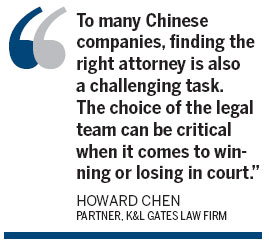
Chen said another reality that Chinese companies coming into the US must be aware of is that they can be sued by anyone, especially consumers because there is greater consumer protection in the US than in China.
"A Chinese company can't ignore the fact that litigation costs can be a part of the total expense of doing business in America," said Chen. "Even non-consumers will sue."
Intellectual Ventures (IV), for instance, a private company focusing on buying patents, aggregating and licensing them to other companies, files lawsuits for infringement of patents by conducting a controversial practice known as "patent trolling". Basically, they do not make any products but look for targets to sue.
"IV sued Hynix and we fought in the district court against them. IV used litigation as a means to reach its end, i.e. settling for money. These 'troll based' patent disputes are now abundant and Chinese companies are not immune from them. A lawsuit like this makes a company like Hynix realize that it has to deal with a new kind of IP battle," said Chen.
"If you are in the IP industry and you make money, you get sued for IP infringement in the US," said Lemley of Stanford Law School. "I don't think Chinese companies are being singled out, companies from everywhere in the world are being sued."
Cedric Chao, an attorney with DLA Piper who specializes in international arbitration, has represented a number of Chinese companies in arbitration disputes and said cross-border litigation has been an alternative for many of his Chinese clients.
"China's economy has grown so much in the last few years and we see numerous Chinese companies starting up companies here. But most of them come here without being aware that the legal system in the US is very different from that of China and there is much to learn from their side when landing in this country," said Chao.
Many big-dollar lawsuits are resolved by arbitration, Chao said. If the Chinese company does not feel comfortable seeking a settlement in a US court, it could choose an international arbitration to settle the case in its home country.
"The advantage of international arbitration is to avoid the damage incurred in a legal battle, which is so much bigger (than arbitration). The procedure can be dreadful as well. The defendant is entitled to prepare all documentations and testify in court. Settlement before an open court or international arbitration settlement is mostly the best solution," said Chao.
"Modern Chinese laws are very young. It takes time for Chinese companies to learn, but they also need to have alternatives available. International arbitration is a good solution available for them to choose from," said Chao.
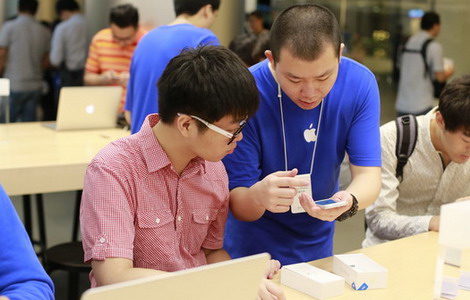
 iPhone 5s, iPhone 5c hit Chinese market
iPhone 5s, iPhone 5c hit Chinese market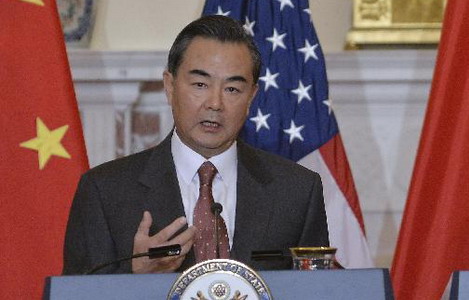
 China to play 'constructive' role on Syria: FM
China to play 'constructive' role on Syria: FM
 iPhone 5s, iPhone 5c hit Chinese market
iPhone 5s, iPhone 5c hit Chinese market
 Faces of Tibet
Faces of Tibet
 Full moon across China
Full moon across China
 Wearable technology, the new game-changer
Wearable technology, the new game-changer
 Tapestry of Chinese culture and a Harvard teen's feeling
Tapestry of Chinese culture and a Harvard teen's feeling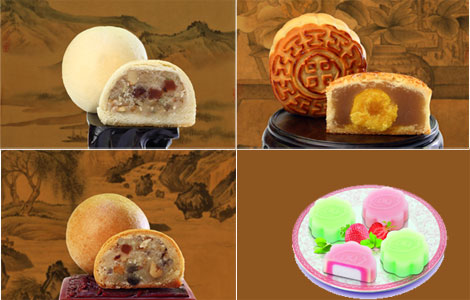
 A simple but pure festival tradition
A simple but pure festival tradition
Most Viewed
Editor's Picks

|

|

|

|

|

|
Today's Top News
UN lauds China on food waste efforts
Chinese firms face trust deficit
13 injured in Chicago park shooting
Wang and Kerry meet in DC
Belgian zoo owner set to host Chinese pandas
Trending news across China
Fast-track process sees more NGOs
Beijing sends out positive smoke signals
US Weekly

|

|





